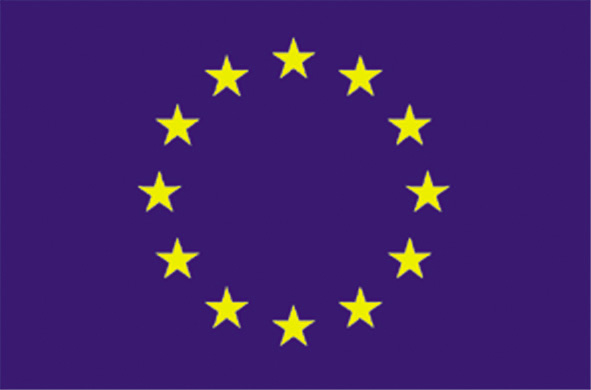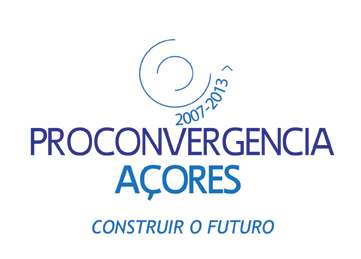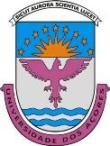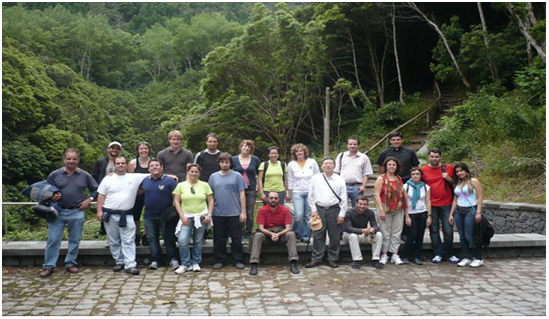 The Regional Science Association International ( www.regionalscience.org/) and the Portuguese Association for Regional Development ( www.apdr.pt/) organized a Summer Course, with the theme Regional and Urban Economics, Theory, Analysis and Operational Models, that was held in Terceira from the 13th till the 21st of June 2011, Azores, Portugal.
The Regional Science Association International ( www.regionalscience.org/) and the Portuguese Association for Regional Development ( www.apdr.pt/) organized a Summer Course, with the theme Regional and Urban Economics, Theory, Analysis and Operational Models, that was held in Terceira from the 13th till the 21st of June 2011, Azores, Portugal.
The goal of the Summer Course was to provide PhD-students and young researchers with:
- advanced training in regional and urban economics,
- an opportunity to present and discuss their research,
- improved skills and knowledge to advance their careers as researchers.
The summer course took place along ten highly focused and intense days of advanced training, student presentations and discussion, and discussion of career strategies. It will also include a study visit to other island that will complete the unique experience of the summer course.
The summer course was focused on the issue Regional and Urban Economics, Theory, Analysis and Operational Models. In a format of combined lectures and hands on training provided by top-level experts that will lectures the following themes of regional science. The Summer Course was taught in English.
Participants were selected by the scientific committee primarily taking into account:
- Research experience in one or more of the topics of the summer course;
- Motivations for participation in the Summer Course (extended abstract) and for having a research career;
- In addition to these criteria, the scientific committee will look for an international mix of participants.
There were 40 applicants and 21 students from 10 countries.
The lecturers consisted of well-known researchers from all over the world, such as Henk Folmer, Mark Partridge, Alessandra Faggian, Ping Wang, Eduardo Haddad and José Pedro Pontes.
Lecturers
Professor Alessandra Faggian
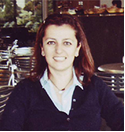
Professor Eduardo Amaral Haddad
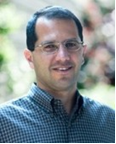
Eduardo Amaral Haddad is Professor in Department of Economics, FEA / USP, where he works at the graduate and postgraduate, teaching courses in Regional and Urban Economics and Applied General Equilibrium. His main research field is included in the regional analysis, with special interest in the specification, implementation and application of inter-regional economic models. In his works, has been concerned to use these analytical tools for formulating and evaluating economic policies, with particular interest in the Brazilian case. Within this line of research, other projects are closely related to their interests, especially in the large-scale economic models.
Professor Henk Folmer
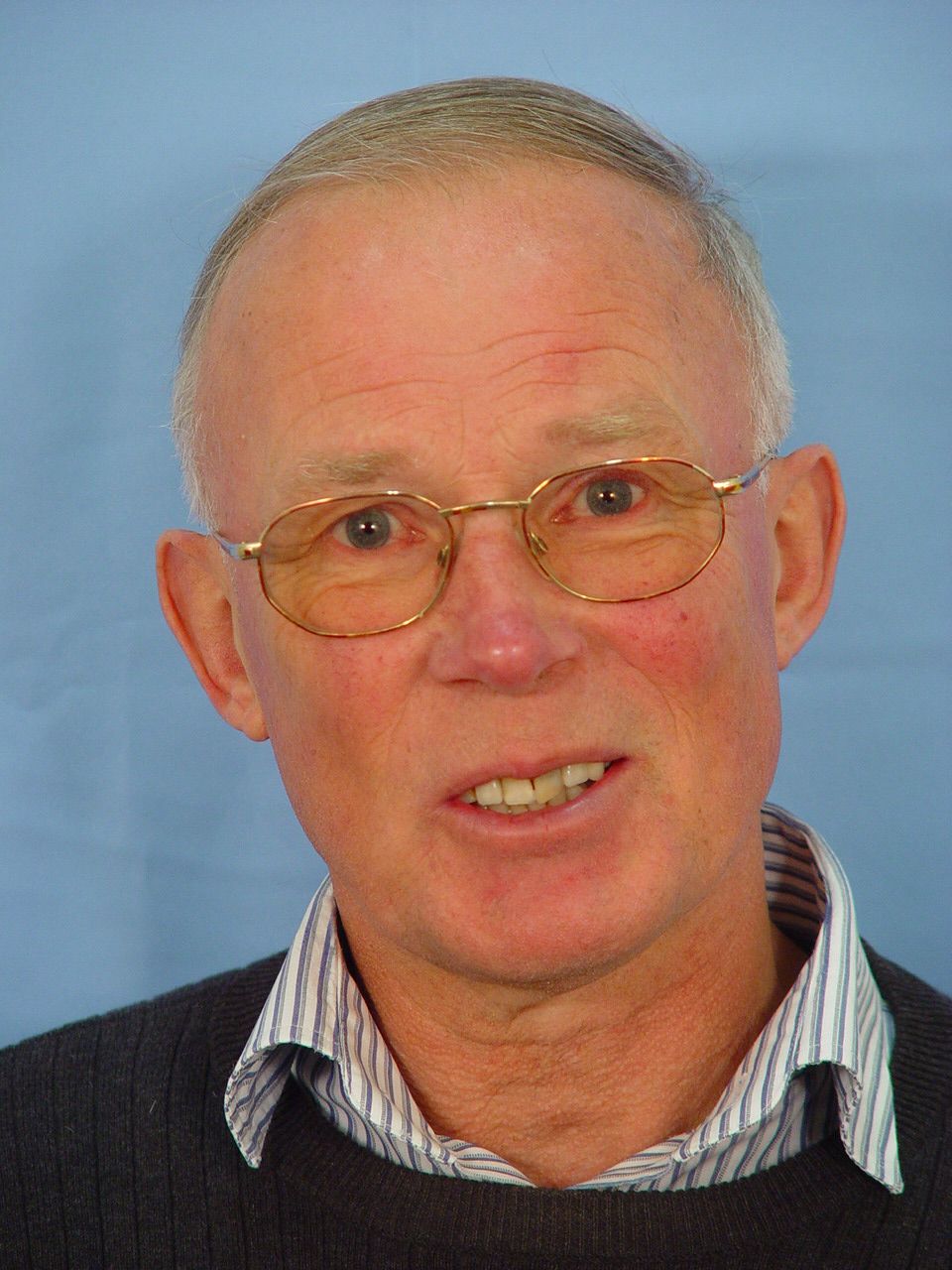
Henk Folmer, Professor of Research Methodology and Spatial Econometrics at the University of Groningen, the Netherlands, has been granted as a Renowned Overseas Scholar, recommended by Northwest A&F University. Dr. Folmer is founder and first President of the European Association of Environmental and Resource Economics. He has served on various international, national and regional advisory councils and task forces. He has published widely in a large variety of international outlets in the fields of spatial econometrics, environmental and resource economics, regional economics, and economics research methodology. He is co-editor of The International Review of Environmental and Resource Economics and of Letters in Spatial and Resource Sciences. He holds an honorary doctorate from the University of Gothenburg and is Fellow of the Regional Science Association International.
Professor José Pedro Pontes

José Pedro Pontes is born in 1957. He holds a Phd in Economics from the Technical University of Lisbon in 1987. He holds the degree "Agregação" in Economics from the same University in 1995. He is currently Associate Professor at the Instituto Superior de Economia e Gestão (ISEG) of the Technical University of Lisbon. He has the following interest fields: Regional and Urban Economics, International Economics and Industrial Organization. José Pedro Pontes is a member of UECE (Research Unit on Complexity in Economics). He has visited other Universities and research centers such as CORE (Catholic University of Louvain), the Department of Economics of the University of Pennsylvania, KIER (University of Kyoto), the Dresden University of Technology and the RWTH Aachen University.
Professor Mark Partridge

Mark Partridge is the C. William Swank Chair of Rural-Urban Policy at The Ohio State University and a Professor in the Agricultural, Environment, and Development Economics Department. He is also a Faculty Research Affiliate, City-Region Studies Centre, University of Alberta. Prior to Ohio State, he was the Canada Research Chair in the New Rural Economy at the University of Saskatchewan, where he is an Adjunct Professor. Mark Partridge current research interests include investigating rural-urban interdependence, why some communities grow faster than others, and innovations in regional policy and governance. Professor Partridge served as President of the Southern Regional Science Association. He is Co-Editor of the Journal of Regional Science and is on the Executive Council of the Regional Science Association International.
Professor Ping Wang

Ping Wang received a Ph.D. degree in Economics from the University of Rochester in May 1987, being affiliated with Penn State University from 1987 to 1998 and with Vanderbilt from 1999 to 2005. His is presently Seigle Family Distinguished Professor of Arts and Sciences at Washington University in St. Louis and Research Associate at the NBER. His major research areas include Growth and Development, Money and Macroeconomics, Economic Theory, and Spatial/Health Economics. He is currently Vice President for Planning and Development of the East Asian Institute, Associate Editor for Economics Bulletin, Journal of Public Economic Theory, Pacific Economic Review and Regional Science and Urban Economics, and on the editorial and advisory boards for Journal of Macroeconomics, Taipei Economic Review, and American Association for Chinese Studies. His current research focuses primarily on: (i) micro-founded theory in growth and development, (ii) intertemporally and spatially redistributive policy, (iii) search and match models of labor/family, money/credit and technology, (iv) agglomeration of productive economic activities, (v) labor market consequences of addiction/substance abuse and health/human capital investment decisions, (vi) positive and normative analysis of crime, corruption, casinos and networks, and (vii) economic integration, outsourcing, venture capital and institutions.
Scientific Committee, indicated by the Board of RSAI was composed by the following members:
-
Alessandra Faggian (University of Southampton - This email address is being protected from spambots. You need JavaScript enabled to view it.This email address is being protected from spambots. You need JavaScript enabled to view it.)
-
Eduardo Haddad (University of S. Paulo - This email address is being protected from spambots. You need JavaScript enabled to view it.This email address is being protected from spambots. You need JavaScript enabled to view it.)
-
Henk Folmer (University of Groningen - This email address is being protected from spambots. You need JavaScript enabled to view it.This email address is being protected from spambots. You need JavaScript enabled to view it.)
-
Geoffrey Hewings (University of Illinois - This email address is being protected from spambots. You need JavaScript enabled to view it.This email address is being protected from spambots. You need JavaScript enabled to view it.)
-
Higano Yoshiro (University of Tsukuba - This email address is being protected from spambots. You need JavaScript enabled to view it.This email address is being protected from spambots. You need JavaScript enabled to view it.)
-
Jacques Poot (University of Waikato - This email address is being protected from spambots. You need JavaScript enabled to view it.This email address is being protected from spambots. You need JavaScript enabled to view it.)
-
José Pedro Pontes (Technical University of Lisbon - This email address is being protected from spambots. You need JavaScript enabled to view it.This email address is being protected from spambots. You need JavaScript enabled to view it.)
-
Mark Partridge (Ohio State University - This email address is being protected from spambots. You need JavaScript enabled to view it.This email address is being protected from spambots. You need JavaScript enabled to view it.)
-
Ping Wang (Washington University - This email address is being protected from spambots. You need JavaScript enabled to view it.This email address is being protected from spambots. You need JavaScript enabled to view it.)
-
Tomaz Dentinho (University of Azores/APDR – This email address is being protected from spambots. You need JavaScript enabled to view it.This email address is being protected from spambots. You need JavaScript enabled to view it.)
Organising Committee
-
Mário Mesquita (Luso-American Development Foundation)
-
António Vicente (Luso-American Development Foundation - This email address is being protected from spambots. You need JavaScript enabled to view it.This email address is being protected from spambots. You need JavaScript enabled to view it.)
-
Elisabete Martins (APDR - This email address is being protected from spambots. You need JavaScript enabled to view it.This email address is being protected from spambots. You need JavaScript enabled to view it.)
-
Tomaz Dentinho (University of Azores/ APDR – This email address is being protected from spambots. You need JavaScript enabled to view it.This email address is being protected from spambots. You need JavaScript enabled to view it.)
Organization and Sponsors

